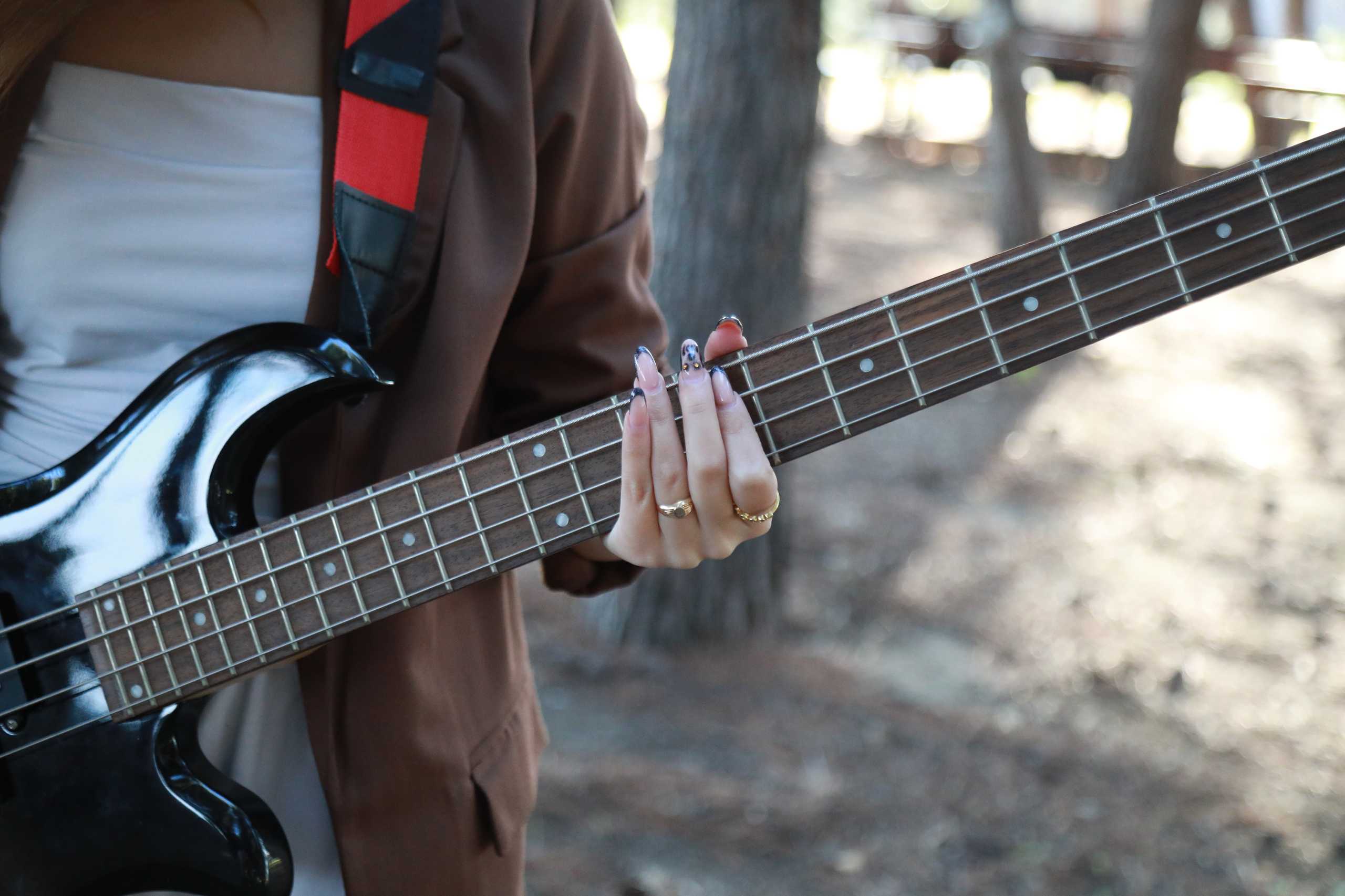Many bassists begin their journey in the comfort of home or a small rehearsal space. But at some point, the call of live performance arrives. Playing on stage is a completely different experience—it tests not only your technique but also your confidence, communication, and ability to connect with others.
The Transition From Practice Room to Stage
In practice, mistakes can be corrected instantly, and repetition is endless. On stage, however, there is no “pause button.” This reality forces musicians to develop resilience and focus.
- Practice builds skill—performance builds character.
- Every live show teaches lessons you cannot learn at home.
- The stage transforms nerves into energy when embraced.
Preparing for Your First Performance
A great performance begins long before the lights turn on. Preparation eliminates fear and gives you confidence.
- Know your material inside out. Don’t just memorize notes—understand the groove.
- Play with others beforehand. Jamming prepares you for the unpredictability of live music.
- Visualize the stage. Mental rehearsal is as valuable as physical practice.
When you walk on stage already confident in your preparation, your focus shifts from fear to enjoyment.
Communication With the Band
As a bassist, your relationship with the drummer is vital. But communication extends to the entire band.
- Make eye contact during transitions.
- Use subtle body language to signal changes.
- Stay tuned into the song’s dynamics—play louder when the energy rises, softer when it falls.
The audience feels this connection, even if they don’t see it directly.
Handling Stage Nerves
It’s natural to feel nervous before performing. The key is to channel nerves into excitement.
- Take deep breaths before stepping on stage.
- Remind yourself that the audience wants you to succeed.
- Focus on the groove—once the rhythm starts, nerves fade.
Confidence is not the absence of fear, but the ability to play despite it.
The Joy of Live Music
The ultimate reward of performing is the connection with listeners. When you see people move, dance, or close their eyes to your groove, you realize the true power of the bass.
- A single steady note can ground an entire room.
- A subtle variation can ignite excitement.
- Your groove becomes a shared heartbeat with the audience.
Conclusion
Performing live transforms bass playing from a personal pursuit into a shared experience. It challenges you, grows your confidence, and allows you to connect deeply with others through music. Every bassist should aim to take their skills beyond practice—because the stage is where the groove truly comes alive.

